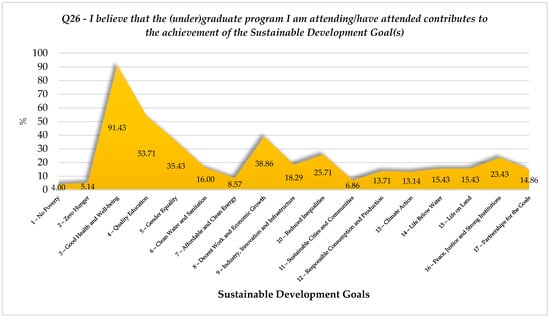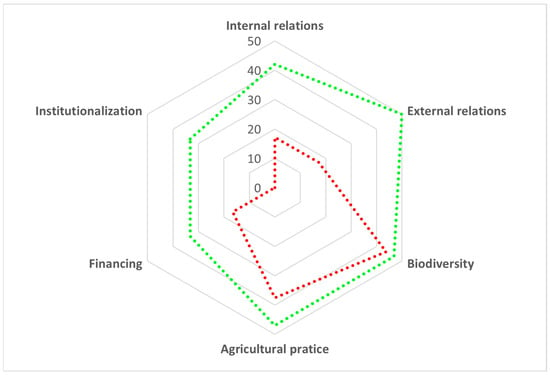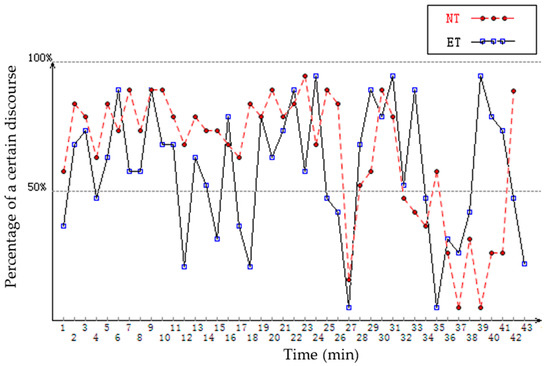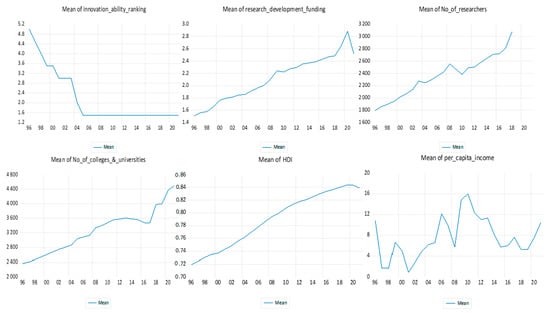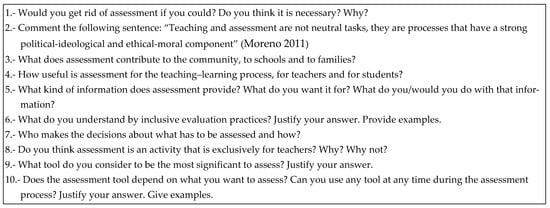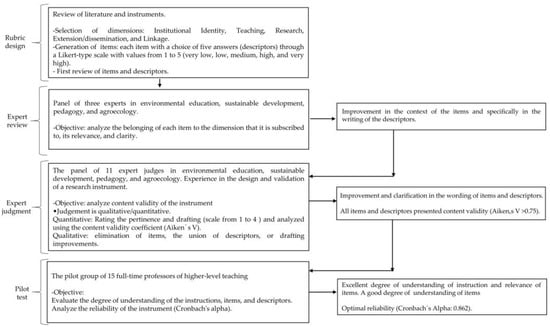Innovative Practices in Education for Sustainability and Their Relation to Evaluation
A topical collection in Sustainability (ISSN 2071-1050). This collection belongs to the section "Sustainable Education and Approaches".
Viewed by 56613Editors
Interests: teacher training; education for sustainability; environmental education; mathematics education
Special Issues, Collections and Topics in MDPI journals
Interests: teacher training; education for sustainability; environmental education; science education
Special Issues, Collections and Topics in MDPI journals
Topical Collection Information
Dear Colleagues,
Ideas about assessment condition the extensive range of possibilities associated with its implementation. It is easy to find methodological proposals that include innovations and alternative actions aimed at integrating sustainability, but they rarely take assessment into account. Assessment usually remains in the background, being one of the most controversial professional tasks and amongst the hardest to carry out. This perception can be extended to all educational levels and to different scales ranging from the classroom to the curriculum or to strategic plans and management.
In education, implementing assessment is considered from the perspective of sustainability as a theoretical framework of reference. This framework must guide actions and commit to them. Positioning ourselves within the framework of education for sustainability implies assuming it and working from it in all decisions. Assessment understood as a guidance and learning tool plays a decisive role in training students, future professionals, and citizens. It is also key in the professional development of teachers. It is therefore imperative to be careful when designing and implementing assessments.
In this Topical Collection, we intend to include studies and works related to assessment from the viewpoint of sustainability at all educational levels and scales. It is not about understanding assessment separately from practice, but about looking at the educational reality through the prism of assessment.
Submission of papers related to the assessment of students, of teachers, of programmes, or of strategic plans at any educational level and in any context within the framework of Education for Sustainability are thus encouraged.
Our goal is to provide a collection of relevant studies on how to address assessment systems imbued with the principles of education for sustainability. In conclusion, we intend to provide an overview of current challenges in research on education for sustainability, from the perspective of assessment. To this end, empirical studies and manuscripts on theoretical considerations in this regard are appreciated.
Prof. Pilar Azcárate Goded
Dr. Rocío Jiménez Fontana
Prof. Dr. Esther García-González
Collection Editors
Manuscript Submission Information
Manuscripts should be submitted online at www.mdpi.com by registering and logging in to this website. Once you are registered, click here to go to the submission form. Manuscripts can be submitted until the deadline. All submissions that pass pre-check are peer-reviewed. Accepted papers will be published continuously in the journal (as soon as accepted) and will be listed together on the collection website. Research articles, review articles as well as short communications are invited. For planned papers, a title and short abstract (about 250 words) can be sent to the Editorial Office for assessment.
Submitted manuscripts should not have been published previously, nor be under consideration for publication elsewhere (except conference proceedings papers). All manuscripts are thoroughly refereed through a single-blind peer-review process. A guide for authors and other relevant information for submission of manuscripts is available on the Instructions for Authors page. Sustainability is an international peer-reviewed open access semimonthly journal published by MDPI.
Please visit the Instructions for Authors page before submitting a manuscript. The Article Processing Charge (APC) for publication in this open access journal is 2400 CHF (Swiss Francs). Submitted papers should be well formatted and use good English. Authors may use MDPI's English editing service prior to publication or during author revisions.
Keywords
- assessment
- 2030 Agenda
- online assessments
- quality education
- education for sustainability
- environmental education
- sustainability pedagogy
- sustainable development goals
- professional teacher development







